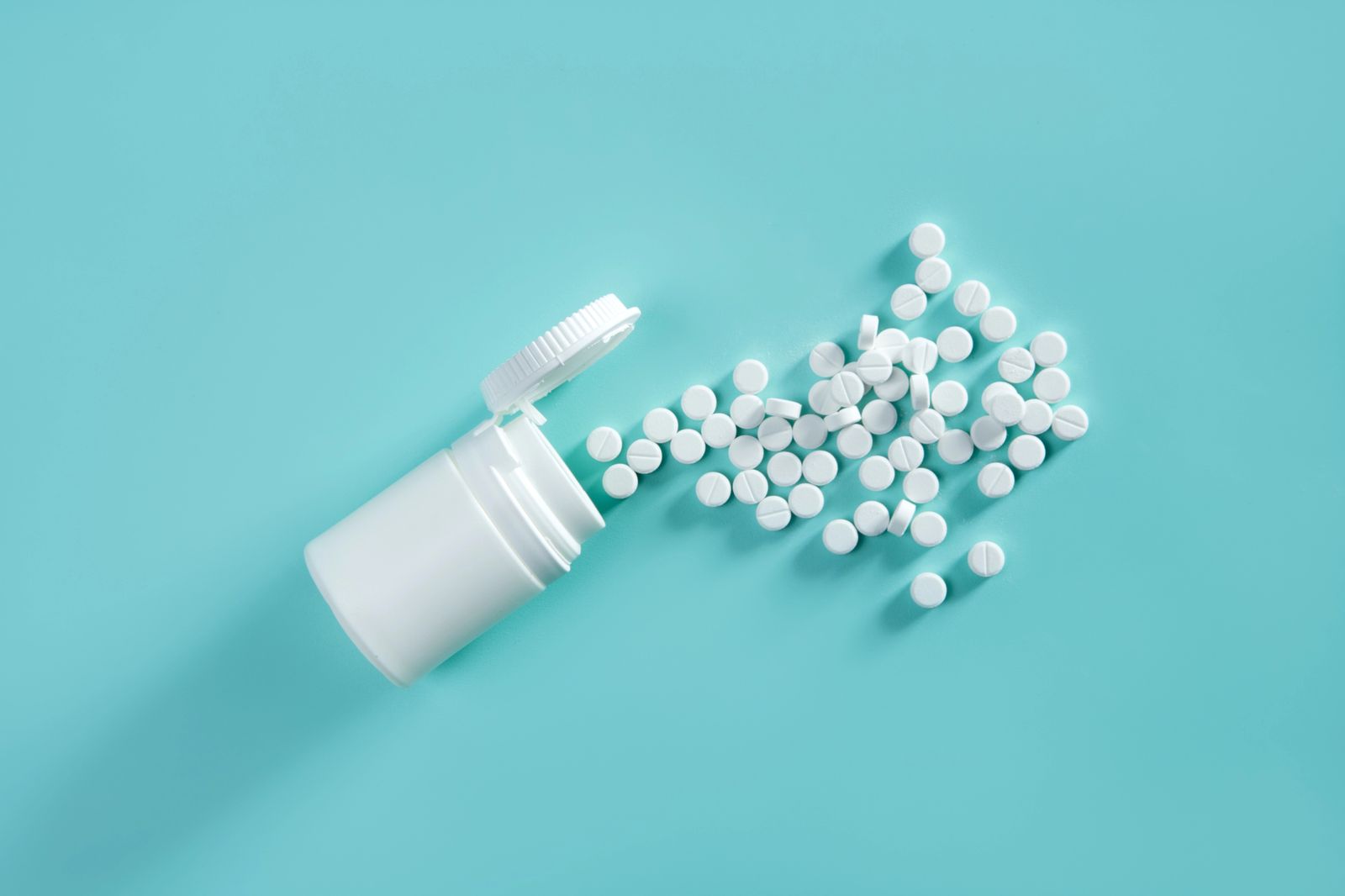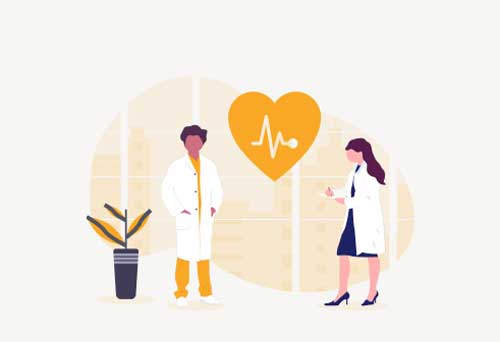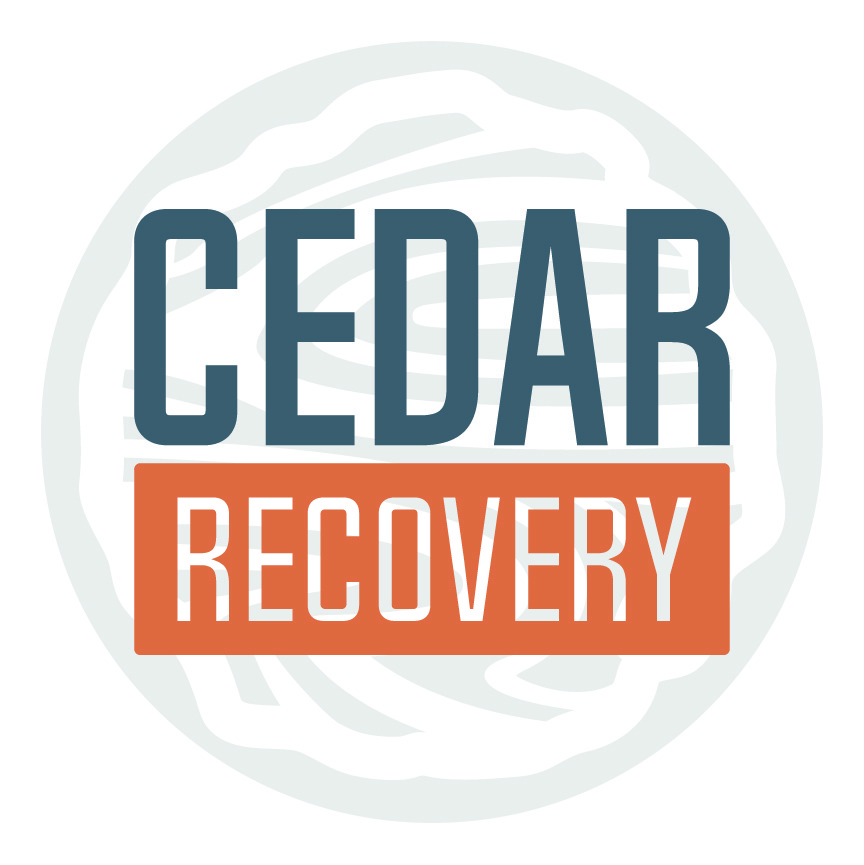What Are Opioids?
Opioids are a class of drugs derived from the opium poppy plant or synthesized in laboratories. They are potent painkillers, often prescribed by doctors for managing moderate to severe pain. However, opioids also have a high potential for misuse and addiction due to their effects on the brain’s reward system.
Common examples of opioids include:
Natural opioids: Morphine, codeine
Semi-synthetic opioids: Oxycodone, hydrocodone
Synthetic opioids: Fentanyl, heroin
What is Opioid Use Disorder (OUD)?
Opioid Addiction, also known as Opioid Use Disorder (OUD), is a chronic medical condition characterized by the continued use of opioids despite harmful consequences. It is not a moral failing but a complex disease that affects the brain’s structure and function.
Symptoms of Opioid Addiction
People with opioid addiction may display a range of physical and psychological symptoms, including:
Physical: Tolerance (needing higher doses for the same effect), withdrawal symptoms (nausea, sweating, anxiety), and changes in sleep patterns.
Psychological: Intense cravings, loss of control over opioid use, mood changes like sudden irritability or feelings of euphoria, continued use despite negative impacts on relationships, work, or health.
Behavioral: Neglecting responsibilities, loss of interest in activities once enjoyed, engaging in risky activities to obtain opioids and social isolation.
The Risks of Opioid Addiction
Opioid addiction’s impact is far-reaching and devastating. It affects not only physical health through overdose risk, infections, and organ damage but also mental well-being, causing depression, anxiety, and even suicidal thoughts. Social relationships often suffer, leading to isolation, financial difficulties, and legal problems.
Recognizing the symptoms of OUD is crucial for early intervention and treatment. OUD is treatable with a combination of medication-assisted treatment (MAT), behavioral therapies, and support groups. Recovery is a journey, but with the right help, individuals can regain control of their lives and overcome opioid addiction.
How is Opioid Addiction Treated?
Opioid addiction is a chronic but treatable medical condition characterized by the compulsive use of opioids despite harmful consequences. It affects millions of individuals worldwide, causing significant physical, emotional, and social distress. However, it’s important to emphasize that OUD is not a moral failing or a sign of weakness; it’s a complex disease that alters the brain’s chemistry and function.
Fortunately, there are several evidence-based approaches to managing and overcoming opioid addiction. These approaches address the multifaceted nature of OUD, targeting both the physical dependence on opioids and the underlying psychological and behavioral factors that contribute to the disorder. With the right combination of medication, therapy, and support, individuals with OUD can achieve lasting recovery and regain control of their lives.
All the tools you need to feel better, get better, and stay better
Getting better requires care for the mind and the body
Our Opioid Addiction Treatment Programs
Outpatient Opioid Rehab Treatment
Cedar Recovery offers a nurturing outpatient treatment program that provides compassionate care and evidence-based treatment. This program is especially suited for individuals who need support and medication assistance while also retaining the structure of their daily lives. Our treatment plans are tailored to each individual, combining medical care, therapy, and supportive resources to ensure a comprehensive recovery experience. Our dedicated team fosters a healing environment where you can safely explore the roots of your addiction and start building a healthier future.
Intensive Outpatient Program (IOP)
Cedar Recovery’s Intensive Outpatient Program (IOP) offers a flexible recovery option that allows you to maintain your daily responsibilities while receiving effective treatment. Tailored to fit your lifestyle, our IOP provides therapy sessions, educational workshops, and support groups at convenient times. IOP Groups are held three times per week, for three hours each session. Morning and evening options are offered to find something that fits your schedule. This program is designed to equip you with the tools necessary for maintaining sobriety and engaging actively in your community, ensuring you receive the support needed for lasting recovery.
Telehealth Services
For patients who do not live near one of our offices, we provide 100% online addiction treatment and mental health services through Studio Health. This platform makes our comprehensive treatment programs accessible online, providing flexibility and continuity of care. Whether engaging in individual therapy sessions or group discussions, our online addiction treatment through Studio Health ensures you receive the support you need with the convenience and privacy of home access.
Aftercare Programs
We understand that recovery from opioid addiction is an ongoing journey that doesn’t end with initial treatment. Our aftercare programs are designed to provide sustained support and resources to help you maintain your sobriety and succeed in your new life. These programs include ongoing therapy, medication management, connections to community resources, and access to support groups, ensuring you have the continuous support needed for long-term success.


“This place is wonderful. The staff have helped me so much. I highly recommend this facility to help end opioid addiction with compassion and trust.”
Why Choose Cedar Recovery for Opioid Addiction Treatment in Tennessee?
At Cedar Recovery, we believe in the power of change and the potential within each individual to achieve a life free from opioid addiction. Our mission is to provide the tools and support you need for a successful recovery journey. With years of experience and a passion for recovery, our team is ready to help you write your own story of recovery, one step at a time.
Start Your Recovery at Our Opioid Addiction Treatment Center
Taking the first step can be the most challenging, but our friendly and professional team is here to make it easier. Contact us today to schedule your initial consultation, which can often be arranged on the same day. During your first visit, you’ll meet with one of our medical professionals to discuss your health history, current situation, and recovery goals. We offer a judgment-free, supportive environment where you can feel safe to express your needs and concerns.













